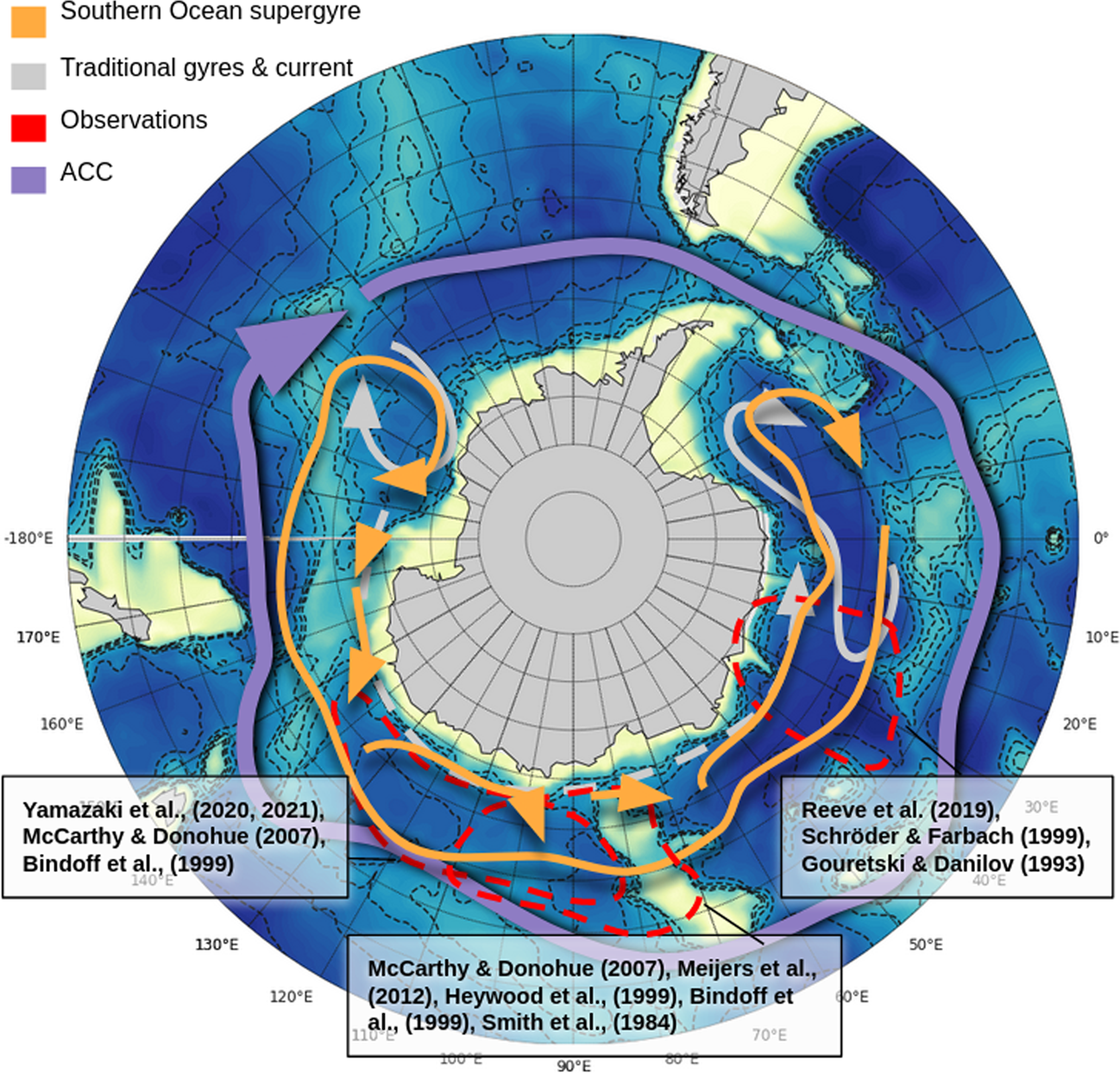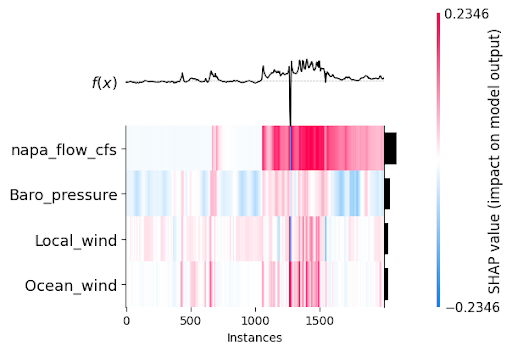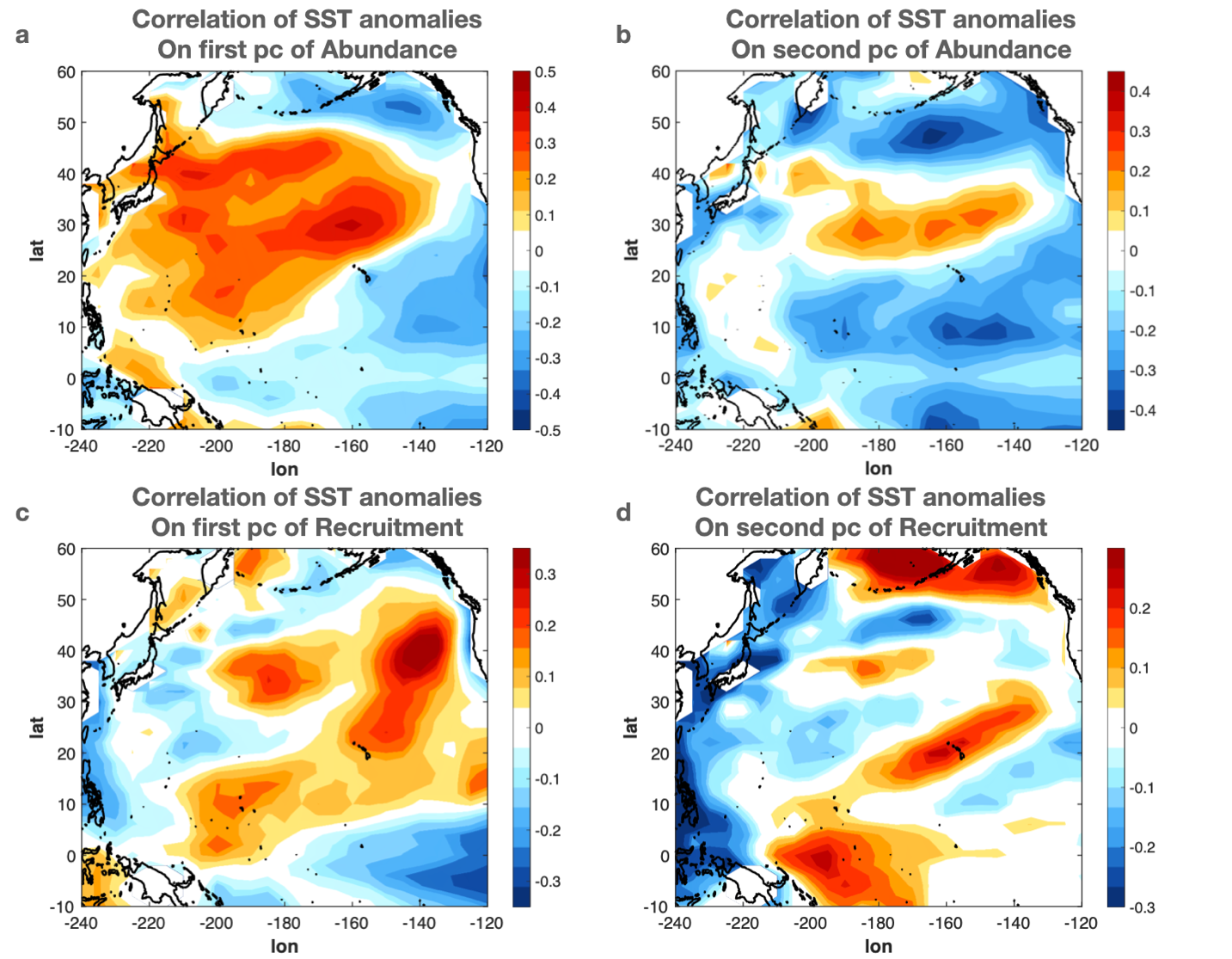
Elucidating ecological complexity: Unsupervised learning determines global marine eco-provinces
An unsupervised learning method is presented for determining global marine ecological provinces (eco-provinces) from plankton community structure and nutrient flux data. The systematic aggregated eco-province (SAGE) method identifies eco-provinces within a highly nonlinear ecosystem model. To accommodate the non-Gaussian covariance of the data, SAGE uses t-stochastic neighbor embedding (t-SNE) to reduce dimensionality.
Over a hundred eco-provinces are identified with the density-based spatial clustering of applications with noise (DBSCAN) algorithm. Using a connectivity graph with ecological dissimilarity as the distance metric, robust aggregated eco-provinces (AEPs) are objectively defined by nesting the eco-provinces. Using the AEPs, the control of nutrient supply rates on community structure is explored. Eco-provinces and AEPs are unique and aid model interpretation. They could facilitate model intercomparison and potentially improve understanding and monitoring of marine ecosystems.
The results from this project were presented in this visual story map
Maike Sonnewald, Stephanie Dutkiewicz, Christopher Hill, and Gael Forget
Learn more Code


